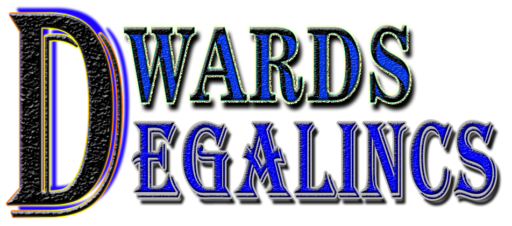Verbal communication is a dynamic and versatile form of human interaction, enabling individuals to express thoughts, convey information, and build connections through spoken words. It plays a vital role in personal, professional, and social contexts. In this article, we will explore various examples of effective verbal communication to showcase its diverse applications and demonstrate its impact in different situations.
Public Speaking
Public speaking is an example of verbal communication that requires clear articulation, engaging delivery, and effective storytelling. Whether it’s delivering a persuasive speech, presenting research findings, or inspiring a crowd, skilled public speakers use their voices, tone, and body language to captivate and connect with their audience.
Business Meetings
Verbal communication in business meetings involves effective interaction and collaboration among team members. Clear and concise communication ensures that ideas are understood, decisions are made, and action plans are established. Active listening, asking clarifying questions, and providing constructive feedback are vital components of productive verbal communication in meetings.
Job Interviews
Job interviews rely heavily on verbal communication to assess candidates’ qualifications, skills, and fit for a role. Candidates need to articulate their experiences, strengths, and goals effectively to leave a lasting impression on the interviewer. Verbal communication skills, such as maintaining eye contact, using confident language, and demonstrating active listening, are essential for interview success.
Conflict Resolution
Verbal communication plays a crucial role in resolving conflicts and addressing misunderstandings. By engaging in open dialogue, active listening, and empathetic responses, individuals can express their concerns, understand others’ perspectives, and work towards finding mutually beneficial solutions. Effective verbal communication fosters understanding, promotes compromise, and helps build stronger relationships.
Customer Service
Customer service representatives rely on effective verbal communication to provide exceptional support and resolve customer issues. Active listening, clear explanations, and empathetic responses are vital in understanding customer needs, providing appropriate solutions, and ensuring customer satisfaction. Verbal communication skills are crucial for building rapport and maintaining positive customer relationships.
Teaching and Training
In educational settings, verbal communication is essential for teachers and trainers to convey knowledge and facilitate learning. Effective educators use clear explanations, engaging examples, and interactive discussions to make complex concepts understandable and memorable. Verbal communication skills enhance student engagement, comprehension, and retention.
Personal Relationships
Verbal communication is the backbone of healthy and meaningful personal relationships. Conversations between friends, family members, and romantic partners involve active listening, expressing emotions, and sharing thoughts and experiences. Effective verbal communication fosters empathy, understanding, and connection, strengthening the bonds between individuals.
The examples of effective verbal communication highlighted above demonstrate its significance across a wide range of contexts. Whether in public speaking, business meetings, job interviews, conflict resolution, customer service, teaching, or personal relationships, mastering the art of spoken communication empowers individuals to express themselves clearly, connect with others, and achieve their goals. By developing and honing effective verbal communication skills, individuals can navigate diverse situations with confidence, empathy, and impact.


